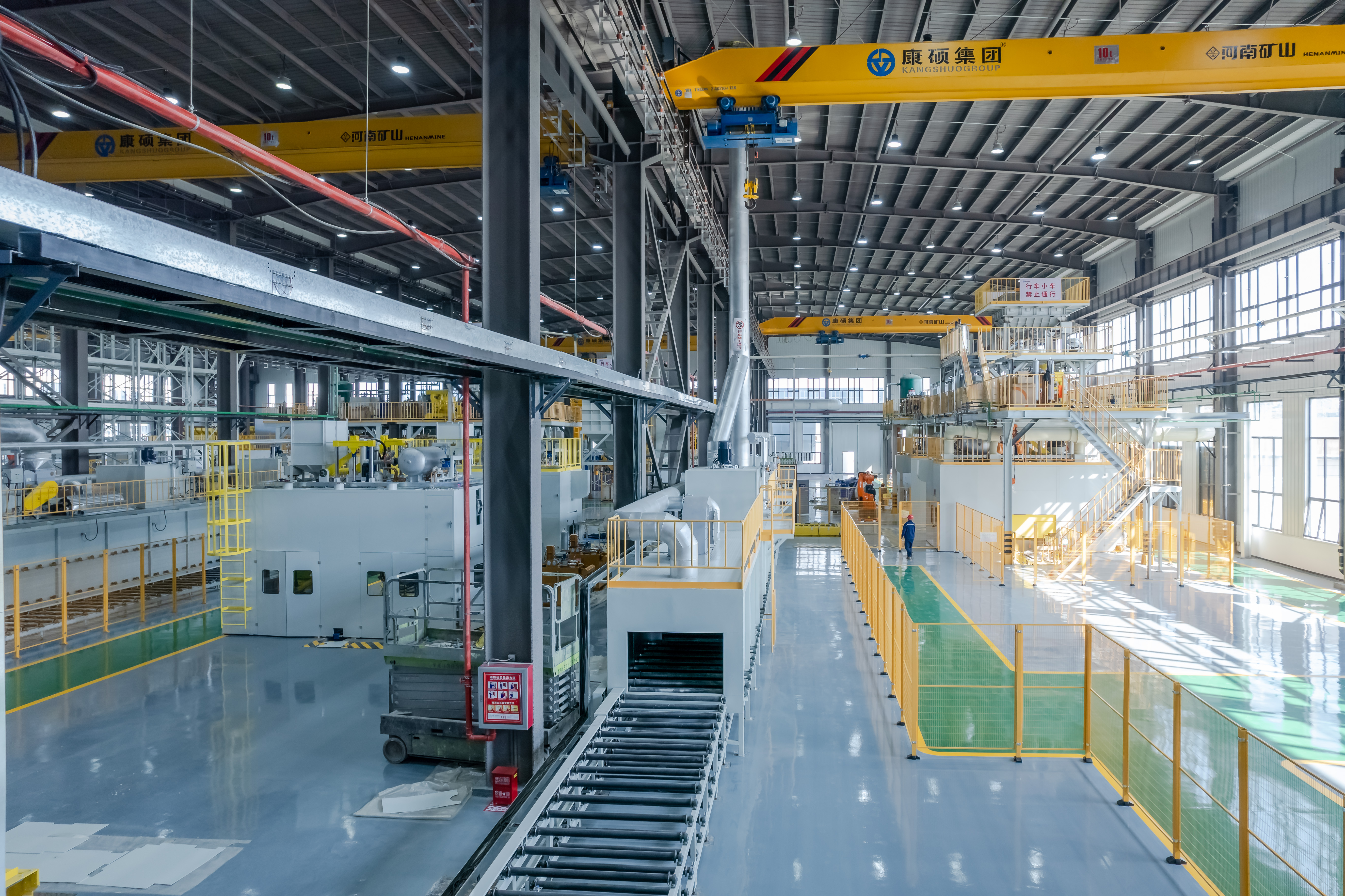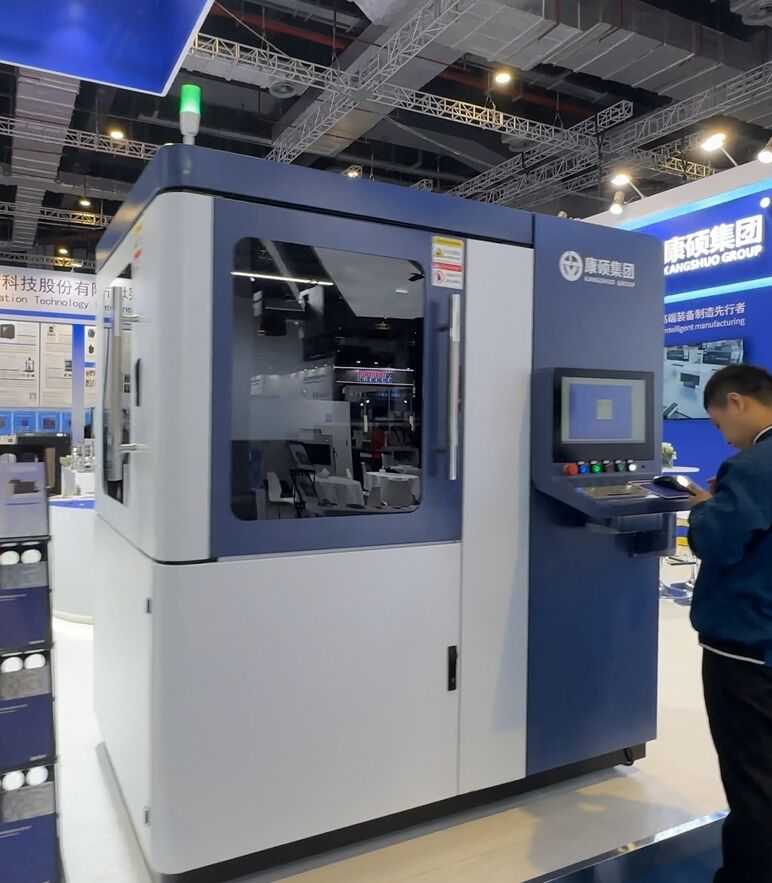molten metal casting
Molten metal casting represents a fundamental manufacturing process that has revolutionized industrial production. This versatile technique involves heating metal until it reaches its liquid state, then carefully pouring it into specially designed molds to create complex shapes and components. The process begins with the selection of appropriate metal alloys, which are heated in furnaces to temperatures exceeding their melting points. Once liquefied, the molten metal is transferred to molds that have been precisely engineered to achieve the desired final product specifications. The molds, typically made from sand, ceramic, or metal materials, contain intricate cavities that define the shape of the finished component. As the molten metal cools and solidifies, it conforms to these cavities, resulting in parts that can range from simple geometric shapes to highly complex mechanical components. Modern molten metal casting incorporates advanced technologies such as computer-aided design (CAD), simulation software, and automated pouring systems to ensure precise control over the entire process. This method is particularly valuable in industries requiring high-strength, durable components, including automotive manufacturing, aerospace engineering, and heavy machinery production.


